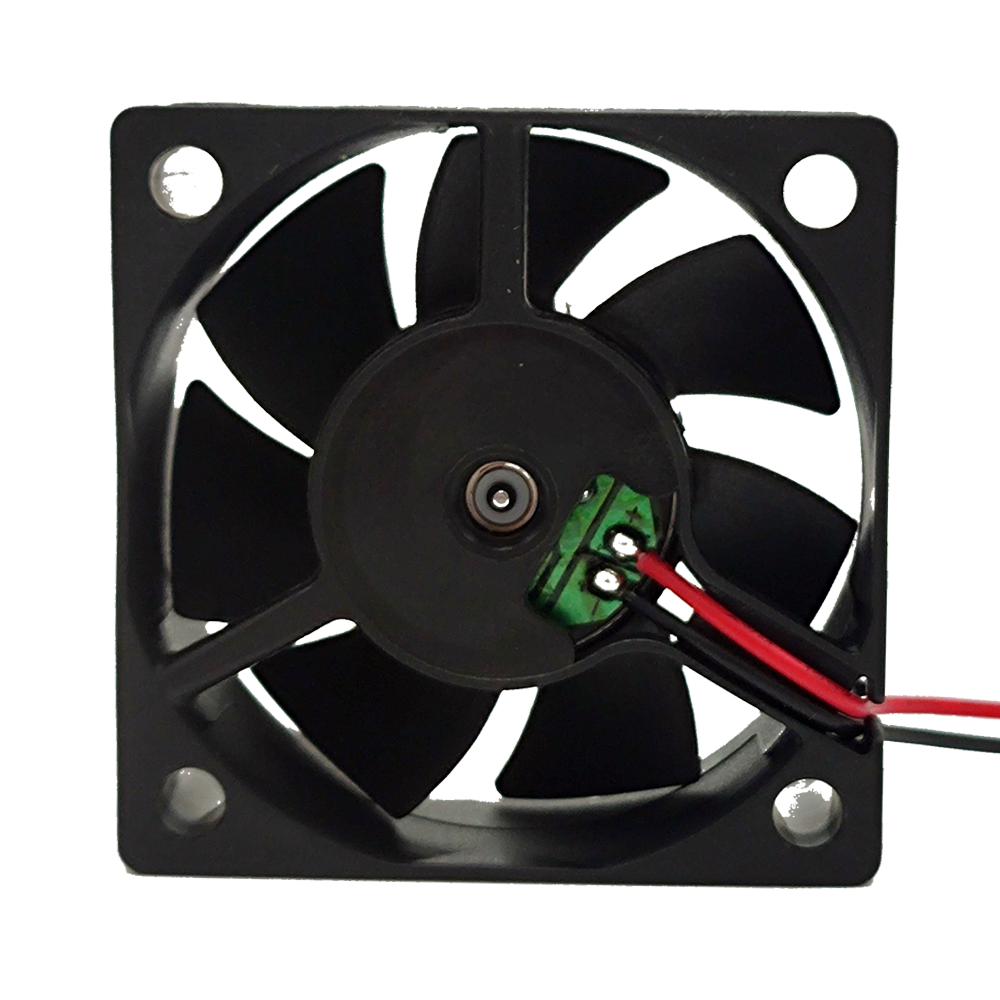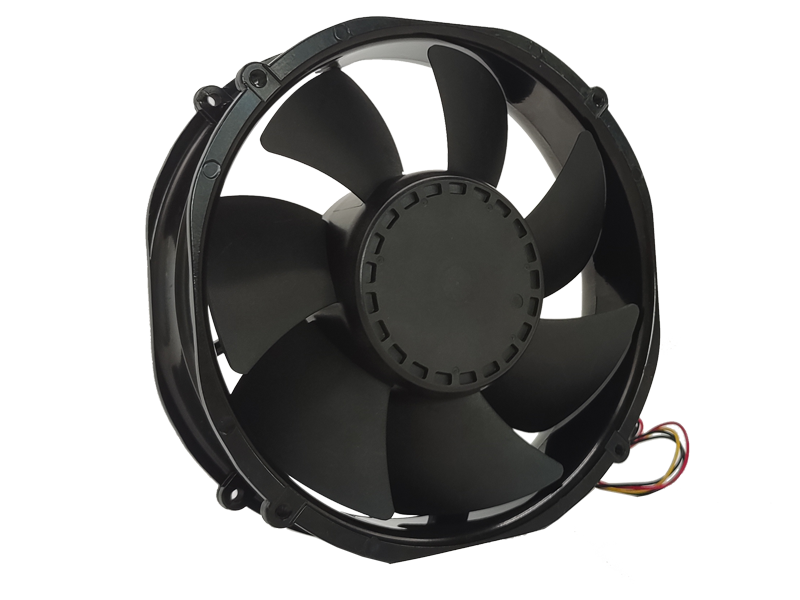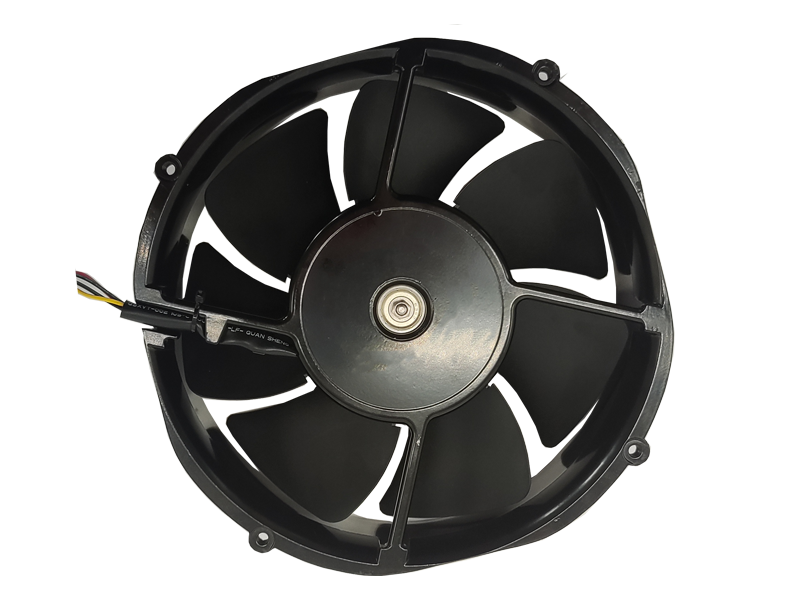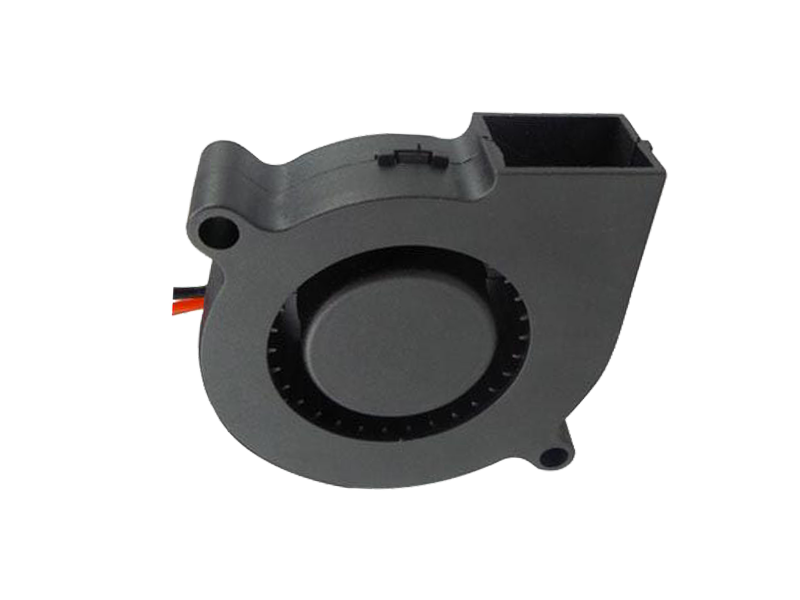Industrial fans play a critical role in building ventilation and air conditioning systems. They are essential components that ensure proper air circulation, temperature control, and indoor air quality. This article explores the key role and advantages of industrial fans in these systems.
Industrial fans are instrumental in maintaining proper air circulation within buildings, particularly in large and complex structures.
Key Role: Industrial fans facilitate the movement of air, helping to distribute fresh air throughout the building and remove stale air. They assist in preventing the build-up of pollutants, odors, and moisture, creating a healthier and more comfortable indoor environment.
Advantages: Proper air circulation provided by industrial fans helps reduce the risk of airborne diseases, improves occupant comfort, and enhances productivity in commercial and residential spaces. It also aids in the prevention of condensation, mold growth, and structural damage.

Industrial fans contribute significantly to temperature control in buildings, ensuring a comfortable and energy-efficient environment.
Key Role: Industrial fans help to regulate temperature by promoting air mixing and creating air movement. They help distribute cool air in summer and warm air in winter, reducing temperature stratification and maintaining a more uniform climate throughout the building.
Advantages: Effective temperature control provided by industrial fans helps minimize the reliance on energy-intensive HVAC systems, leading to energy savings and reduced carbon emissions. It also enhances occupant comfort, reduces the risk of heat-related illnesses, and improves overall indoor air quality.
Industrial fans offer notable advantages in terms of energy efficiency in building ventilation and air conditioning systems.
Key Role: Industrial fans consume less energy compared to traditional HVAC systems, making them a cost-effective and environmentally friendly option. They can be integrated with smart controls and variable speed drives to optimize energy usage based on specific requirements.
Advantages: The use of energy-efficient industrial fans helps reduce electricity consumption, resulting in lower utility bills and a smaller carbon footprint. By improving overall system efficiency, industrial fans contribute to sustainable building practices and support green building certifications.
Industrial fans play a key role in building ventilation and air conditioning systems, providing essential air circulation, temperature control, and energy efficiency. Their advantages include improved indoor air quality, enhanced occupant comfort, reduced energy consumption, and lower environmental impact. Integrating advanced industrial fan technologies, such as smart controls and variable speed drives, further enhances their performance and energy efficiency. As buildings strive for greater sustainability and energy savings, the importance of industrial fans in these systems will continue to grow. By recognizing their key role and embracing their advantages, we can create healthier, more comfortable, and environmentally conscious indoor spaces.
Recommended Products

The main purpose:Car charging station

The main purpose:Car charging station

The main purpose:Electronic refrigerators, water dispensers, direct drinking machines, inverter power supplies
Address:No. 4137, Longgang Avenue (Henggang Section), Henggang Community, Henggang Street, Longgang District, Shenzhen
hotline:13530005572(Chen)15112579390(Li)


Welcome all friends to come for consultation and negotiation.
Copyright 2024 @ Shenzhen Youneng Xinyuan Electronics Co., Ltd.,(industrial fans,industrial blowers,axial fans,cooling fans manufacturer,centrifugal fans,ac cooling fans,dc cooling fans)